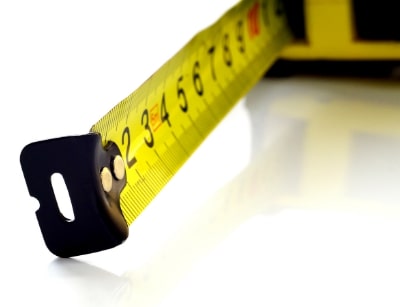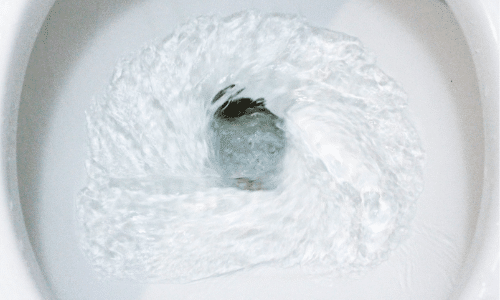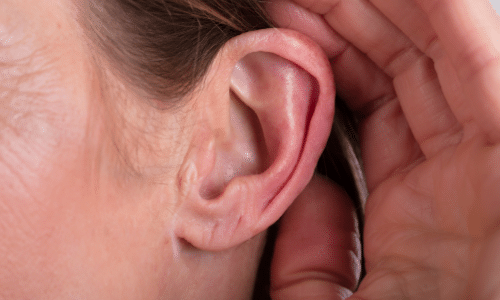Deciphering the Ghostly Sounds of a Malfunctioning Water Heater
The early fall months come with an air of spookiness that’s hard to ignore. Maybe it’s because of all the Halloween decorations and the scary movies playing on televisions in the lead-up to the last day of October. This spooky atmosphere is probably to blame for many homeowners hearing things in the home. But it’s not always in the homeowner’s heads. Some sounds mean something far worse than ghosts and goblins. Some sounds mean that the water heater is on the fritz!
Luckily, when homeowners can determine what the sound means, they can do something about it.
Scary Screeching and Hissing
Screeching is, by definition, not a pleasant sound. It grates on the nerves and can make one think that there’s an angry spirit in the home. Usually, this sound is caused by high-pressure water pushing through a valve that is not opened all the way. This could come from a valve malfunction or a valve that hasn’t been opened after a water heater service.
Hissing is almost as scary as screeching but doesn’t usually mean the same thing. Hissing is generally caused by a leak, especially if wet spots are present around the water heater. But hissing can also be caused by the water evaporating as it sizzles on a hot surface, such as the heating element. This generally happens when the tank is refilling.
Spine-Chilling Rumbling, Crackling, and Popping
Other sounds that are often confused for vengeful spirits include rumbling, crackling, and popping. These noises happen all together and indicate that there’s sediment building inside the water heater tank. All water has sediment to some degree, which means all water heaters will build up some sediment eventually.
When sediment builds up and the water heater starts making cracking, popping, and rumbling sounds, it indicates that there’s water being trapped under the sediment and heated. As the water moves up through the layers of sediment, it makes these noises. Luckily, this one is easy to fix. The water heater just needs to be flushed of the sediment. This can be done easily by a professional.
Frightful Humming or Ticking
Humming and ticking are two other culprits that mean something’s amiss. Humming is a sound that comes from a water heater when there’s an issue with the electric heating element. On a gas water heater, humming could mean a problem with the gas line or the burner.
Persistent ticking sounds could mean that there’s a problem with the temperature regulation. Ticking is normal when it happens occasionally, but the unit needs to be checked by a water heater repair professional if it happens often. Water heater service should be done at least once a year to prevent issues like those above.
About Allore’s Plumbing Services LLC
Allore’s Plumbing Services LLC has served Stuart, FL since 1986. Their technicians are highly skilled and trained in the latest plumbing technology. They offer 24-hour emergency service and always back their work with a 100% satisfaction guarantee. Call now for water heater services!
Distribution Links +
- wpgxfox28.com
- midplains.newschannelnebraska.com
- lifestyle.xtra1063.com
- htv10.tv
- lifestyle.us983.com
- lifestyle.953hlf.com
- wrde.com
- lifestyle.countrylegends1059.com
- lifestyle.koltcountry.com
- lifestyle.3wzfm.com
- panhandle.newschannelnebraska.com
- wicz.com
- ktvn.com
- wboc.com
- rfdtv.com
- snntv.com
- central.newschannelnebraska.com
- metro.newschannelnebraska.com
- southeast.newschannelnebraska.com
- northeast.newschannelnebraska.com
- plattevalley.newschannelnebraska.com
- rivercountry.newschannelnebraska.com
- lifestyle.mykmlk.com
- wtnzfox43.com
- lifestyle.bigtalkerradio.com
- lifestyle.rewindmymusic.com
- lifestyle.967thewolf.net
- lifestyle.southernsportstoday.com
- lifestyle.thepodcastpark.com
- lifestyle.680thefan.com
- lifestyle.rewind1019.com
- lifestyle.967wshv.com
- lifestyle.1045thedan.com
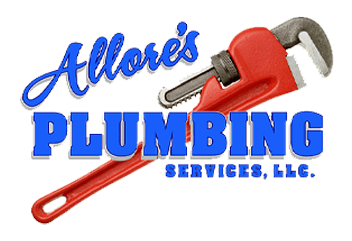

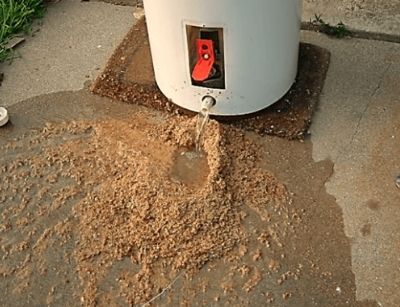





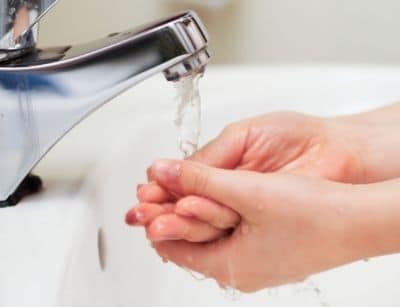





 Different Type of Water Heaters
Different Type of Water Heaters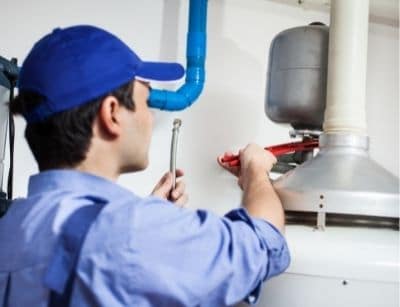
















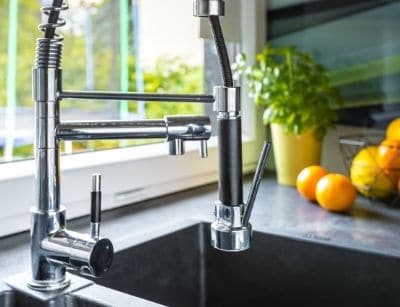





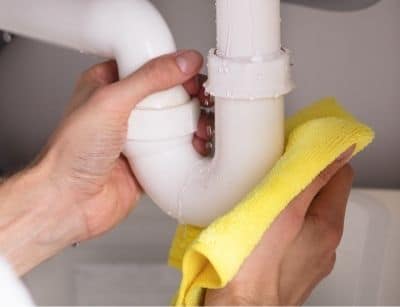
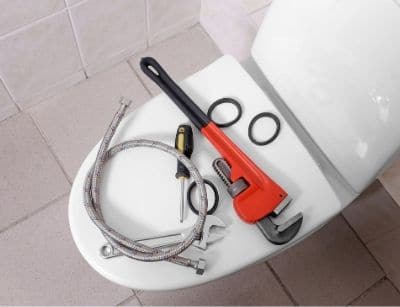 Repairing or Replacing Toilets
Repairing or Replacing Toilets



